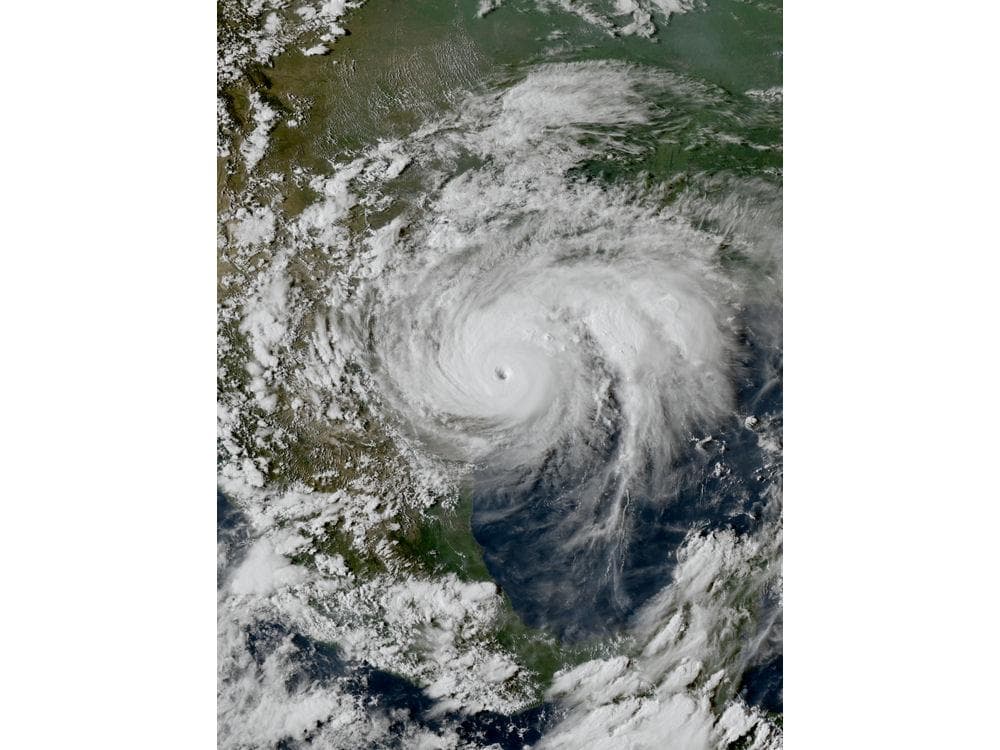Hurricane Harvey was one of the most extensively and most accurately tracked and reported hurricanes in history. Predictions of its track, timing, intensity at landfall and expected precipitation amounts were extremely accurate. Federal and Texas government preparation for its aftermath appear to have been exemplary. The federal and state governments recommended that Houston be evacuated. However, the mayor of Houston elected not to call for evacuation; and, many Houston residents decided not to self-evacuate for their own safety.
Evacuation would not have reduced the physical devastation to property and infrastructure in Houston, but it would likely have reduced the incidence of injury and death resulting from the storm. Evacuation would also likely have reduced the need for the extensive formal and informal rescue operations which followed the storm. One tends to wonder why people and politicians decided not to evacuate. I suspect one reason is the tendency of the National Weather Service, the National Hurricane Center and the media to over-hype weather events which then are far less severe than their hype.
I suspect that much of the climate science community shares some responsibility for the public’s tendency to ignore warnings of impending disaster. Much of the climate science community has been consistently and aggressively incautious in its creation of worst case scenarios regarding potential future climate change. Movies such as Al Gore’s An Inconvenient Truth and An Inconvenient Sequel and Roland Emmerich’s The Day After Tomorrow have created an aura of unreality regarding climate change.
The climate science community has generally been cautious about blaming Harvey’s severity on climate change, but some climate scientists have stated unequivocally that climate change made Harvey stronger and more damaging. Other climate scientists have stated that there is no scientific basis for such claims.
Hurricanes have been a fact of life in the southeastern US throughout our history. There is a Saffir-Simpson scale for hurricane intensity because the intensity of hurricanes varies significantly, though the underlying reasons for these variations are not well understood. The satellite era has allowed meteorologists to detect tropical depressions earlier and then monitor their intensity as they develop into tropical storms and hurricanes, or decay, over time. Similar technology has been applied to the identification and tracking of tornados as well.
Regardless of the assertions by much of the climate science community, there has been no increase in hurricane frequency or intensity over the past seventy years. There has also been no documented increase in tornado frequency and intensity, or flooding and drought frequency and intensity. Sea levels have been rising since the trough of the Little Ice Age; and, have been rising at a relatively consistent rate throughout the period of the instrumental record.
The technology we have available to track these storms and predict their futures is very impressive. However, it is essential that those who use this technology use it responsibly and report what they learn from the technology clearly and carefully, so that the public and public officials can respond appropriately to the information they provide.
- Hurricanes and Climate Change
